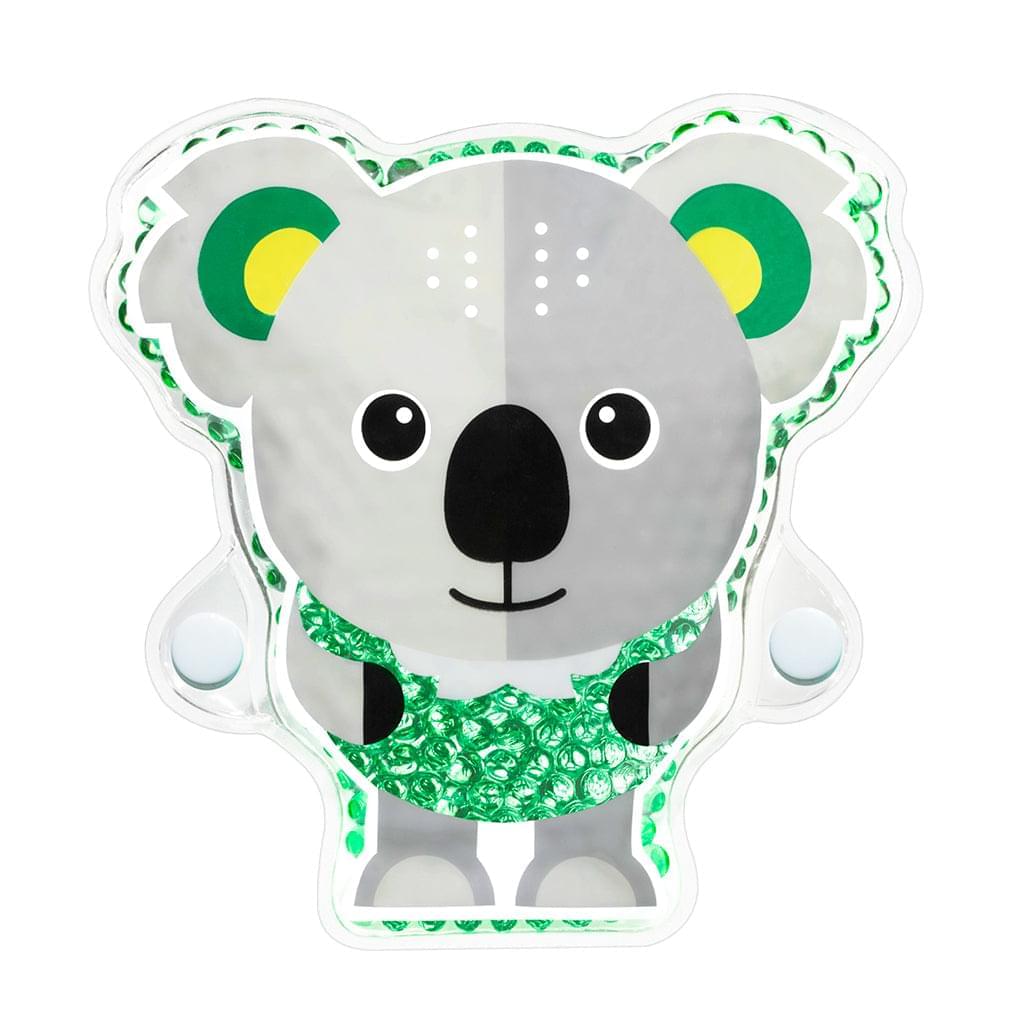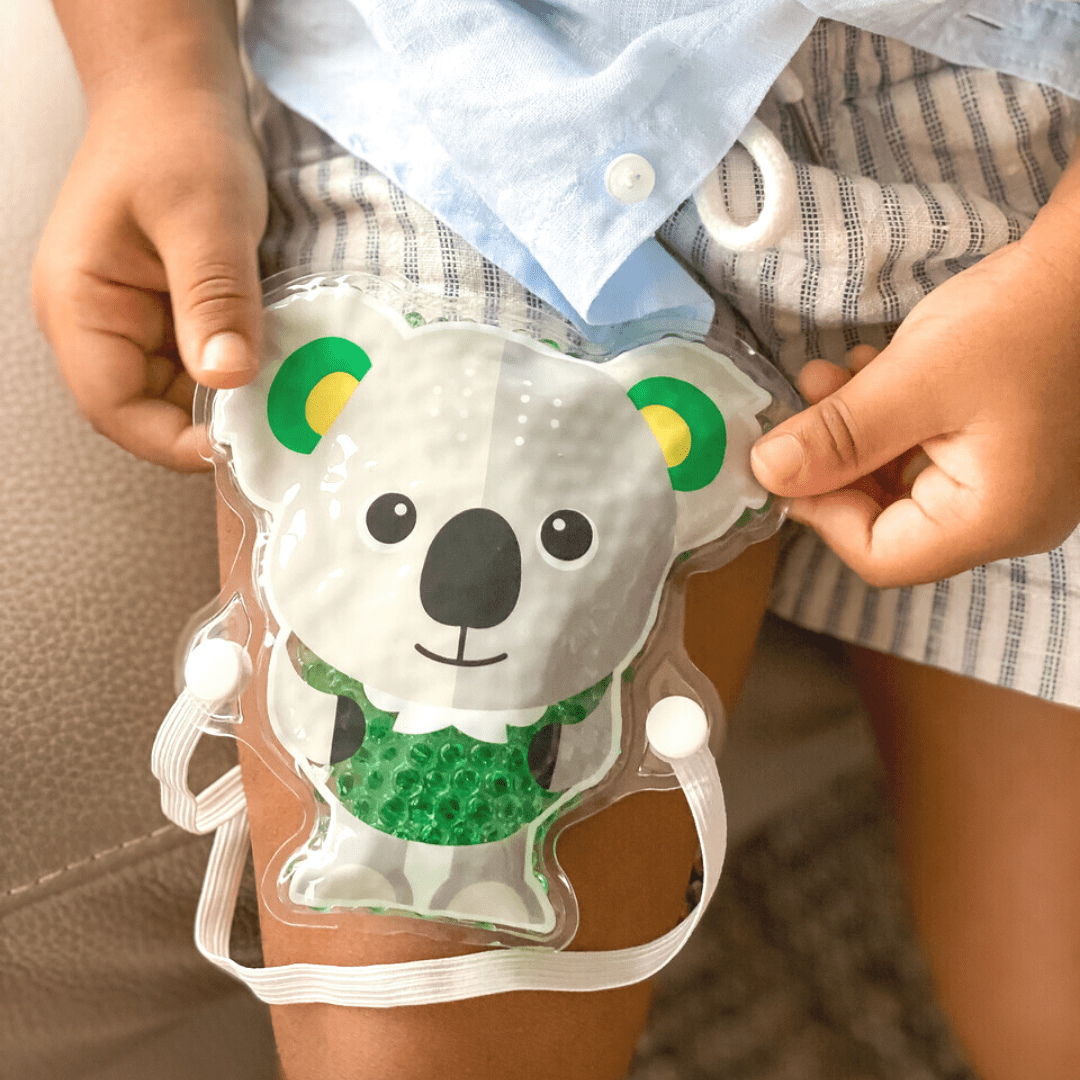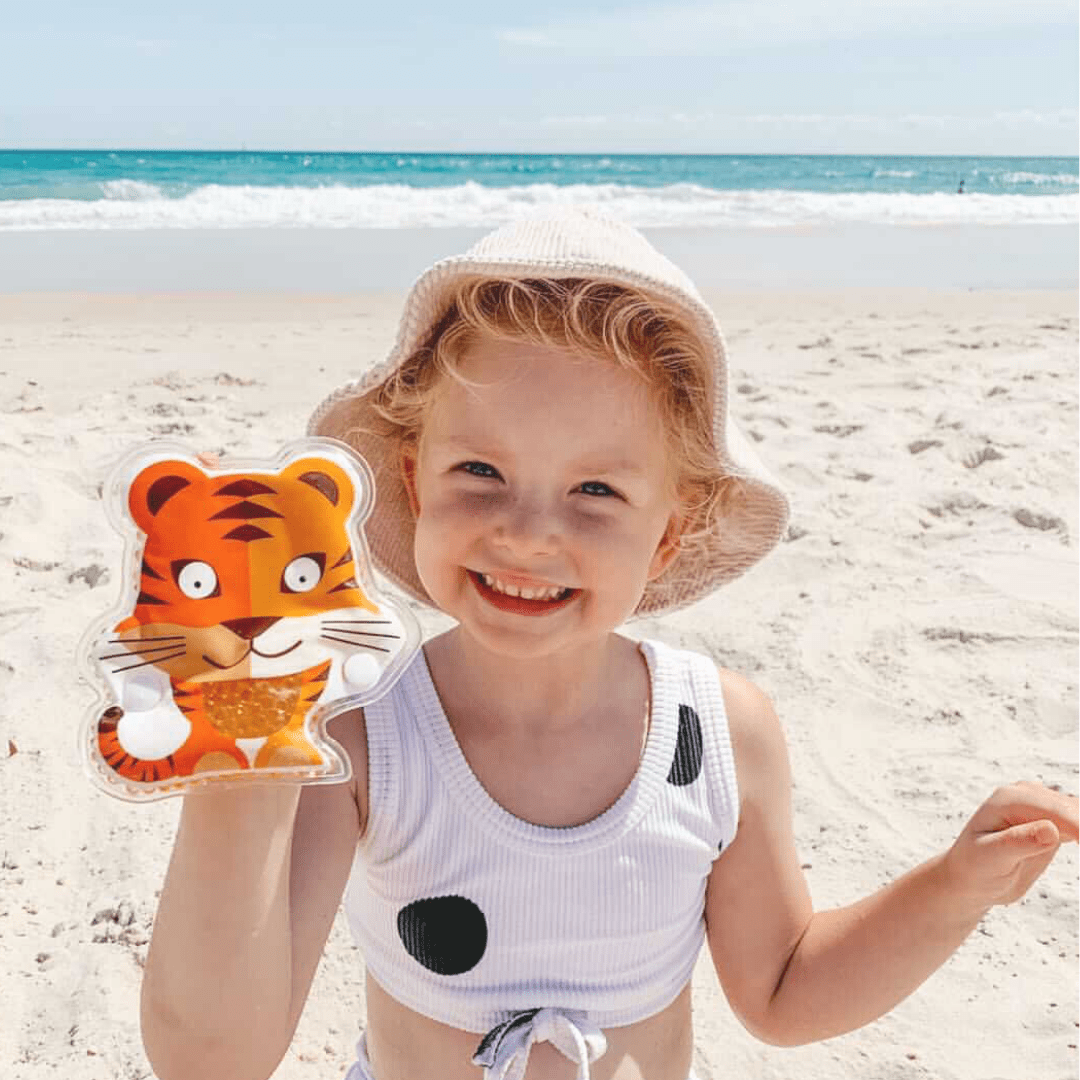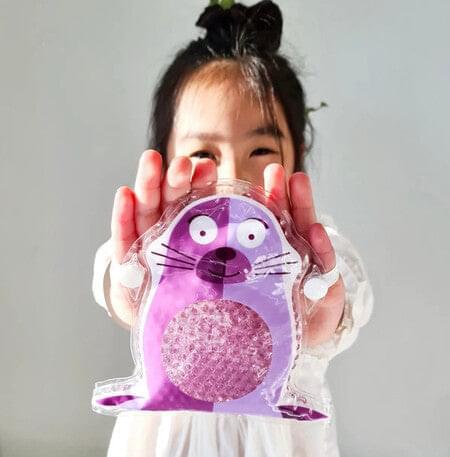WHAT IS A FEVER?
A fever is a body temperature over 38 degrees Celsius.
Fever in children is a normal response to many illnesses, the most common being an infection in the body.
The common infection is a virus that doesn’t require any treatment. Some fevers are caused by bacterial infections that need antibiotics.
Fever in children is one of the most common reasons to present to an emergency department. As a paediatric Nurse of almost a decade and the founder of Rhythm First Aid I’ve cared for literally thousands of babies and children with fevers.
Fever itself is usually not harmful – in fact, it helps the body's immune system fight off infection.
It is more important for you to monitor any symptoms of the underlying illness, rather than the fever itself.
It is important that you focus on how you child looks and feels, rather than becoming fixated on the fever.
Parents are often concerned with the fever, health professionals are usually more concerned about what is causing the fever and not what the temperature is. For example, does the child have a cough, runny nose, runny nose, vomiting, rash, diarrhoea etc.
There is one exception to all of this and that is if your baby is under three months and has a fever above 38°C, then you should see a doctor, even if they have no other symptoms.














Leave a comment
All comments are moderated before being published.
This site is protected by reCAPTCHA and the Google Privacy Policy and Terms of Service apply.